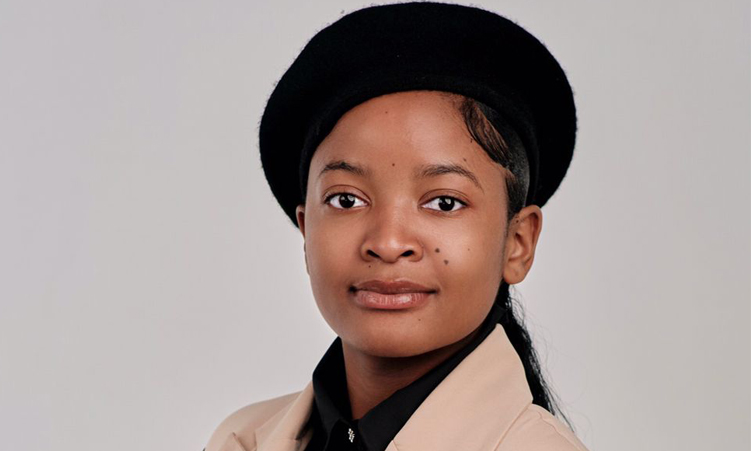Namibia’s recently released 2023 preliminary population and household census report should not merely be interpreted in terms of figures, or data, or statistics.
The key indicators contained in the census report need to be seen as a potential political game changer or influence.
The Namibian government last conducted a census in 2011 and, understandably under the circumstances, up until the end of last year, the government relied on data from 12 years earlier to plan for development.
As a result, and unfortunately so, the government planned for the future on the basis of outdated facts and figures.
It operated on the basis that Namibia’s population was in the region of 2,6 million.
This more than likely resulted in under-budgeting and insufficient planning for what now turns out to be a significant proportion of Namibia’s population.
The newly released census provides an opportunity for the government to review its developmental plans and to ensure that they cater for each individual.
POTENTIAL IMPACT
According to the latest census report, Namibia’s population has grown to just over three million people.
Strikingly, Namibians under the age of 35 years old make up a substantial 71,1% of the total population.
This is equal to or represents a little more than two million people.
With the upcoming elections, scheduled for November, these statistics, reveal that young people constitute the largest demographic in Namibia.
It should serve as a wake-up call to a reality that has been hidden in plain sight: Young people have a crucial role in shaping the government and driving the national narrative of Namibia.
The country’s upcoming national election could prove interesting given that the target electorate will be young, eligible voters who constitute the majority of voters.
However, this does not open the door for young people to be seen as what some dismissively refer to as ‘voting cows’.
Now, more than ever, young people need to demand that, beyond voting, the youth need to be adequately represented in political, government and other structures.
This does not mean accommodating just one or two individuals, but should be reflected across the board.
GIVE US A CHANCE
It is my firm belief that we need to see the demographics of the country replicated in key government and political institutions.
The 2023 census has not only provided us with updated data, but provided another perspective on the relevance of Namibia’s youth.
As we get closer to the upcoming elections, it is clear to me that the voices of young people need to be heard, and that young people should be given the chance to play an instrumental role in shaping the future of our nation.
Our representation in political and government structures is not just a demand, but a necessity for a balanced and progressive society.
- * Fenny Tutjavi is the University of Namibia’s SRC secretary general for all 12 campuses. She is pursuing a bachelors honours degree in public management, majoring in international relations and politics; fennytutjavi@gmail.com
Stay informed with The Namibian – your source for credible journalism. Get in-depth reporting and opinions for
only N$85 a month. Invest in journalism, invest in democracy –
Subscribe Now!






